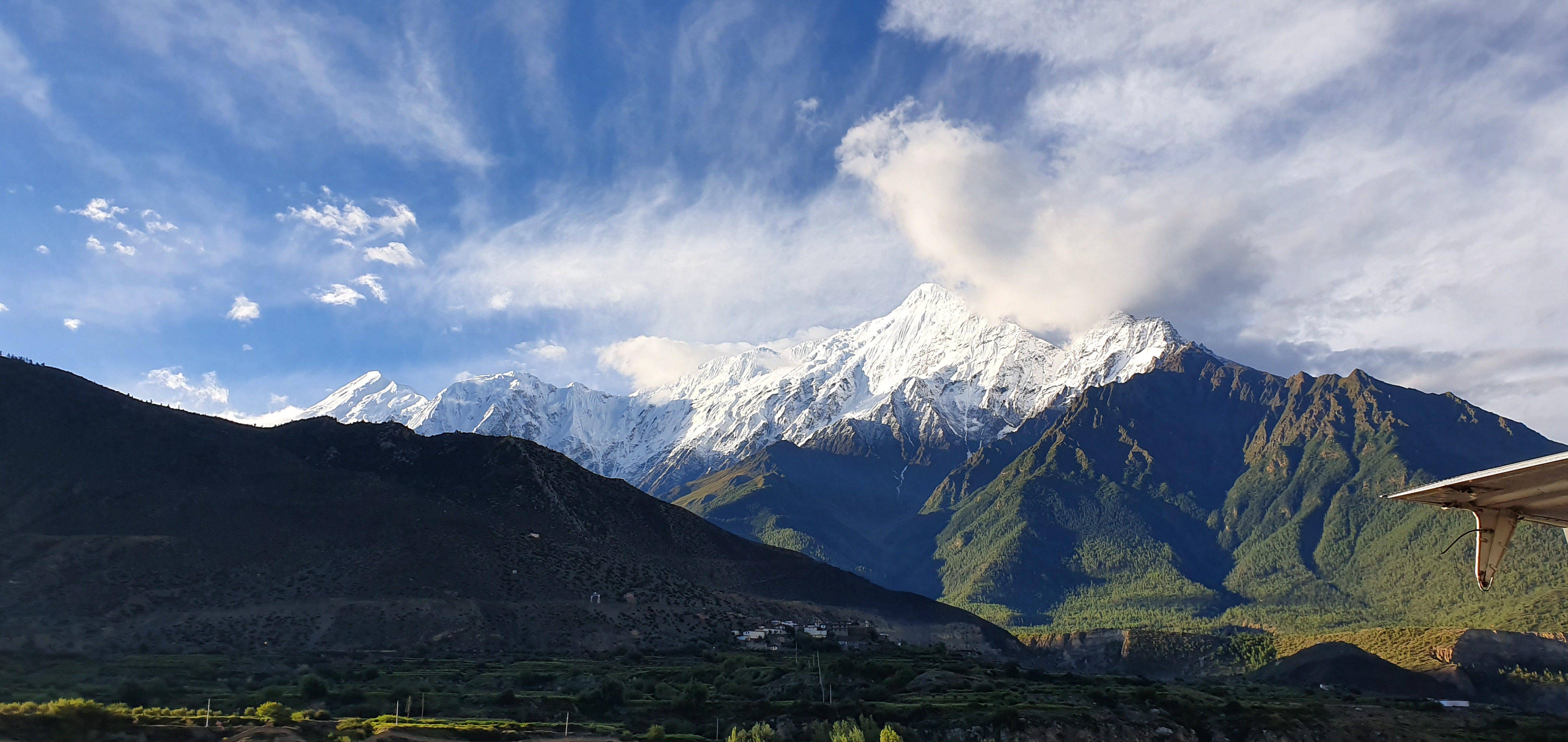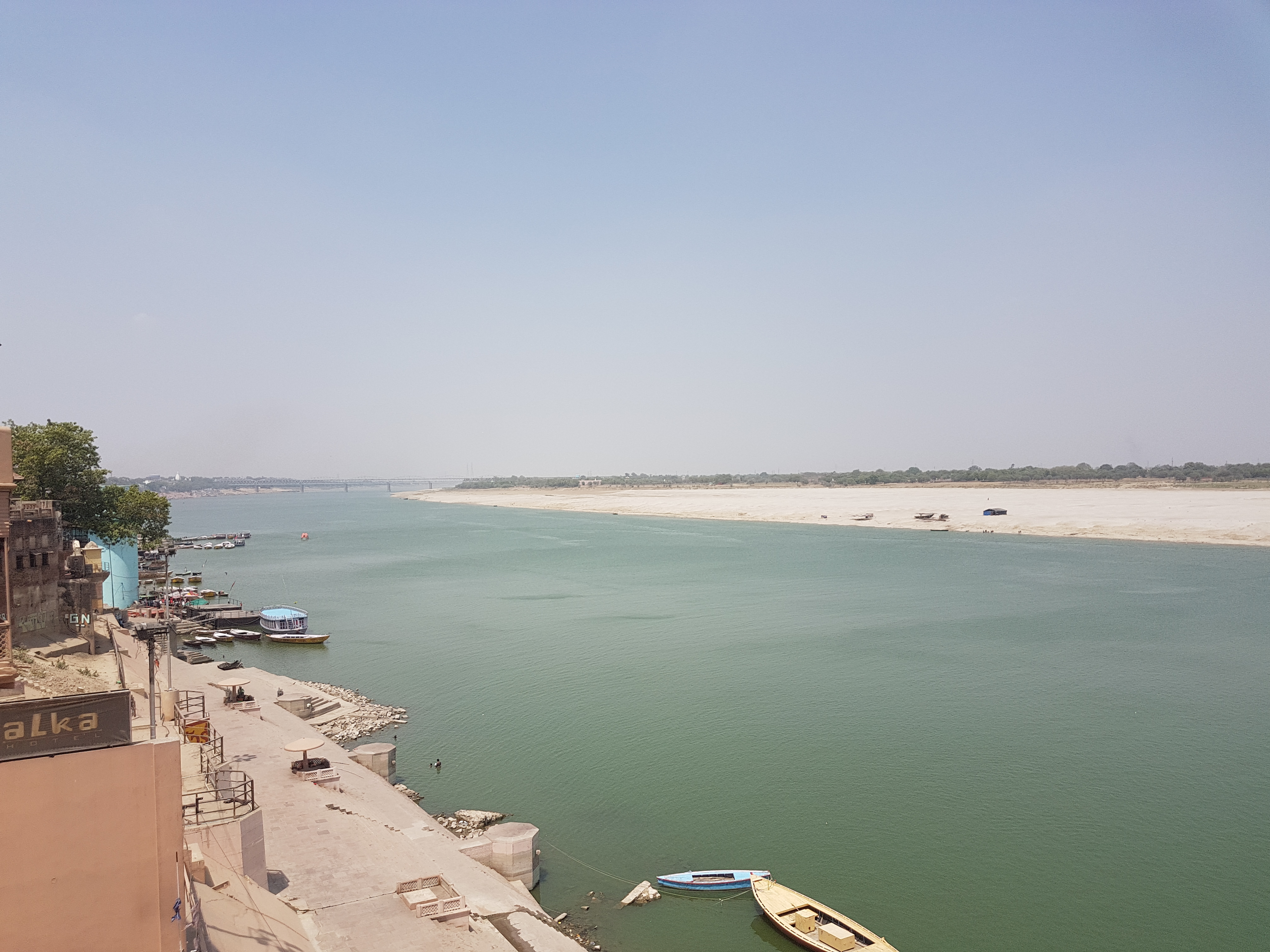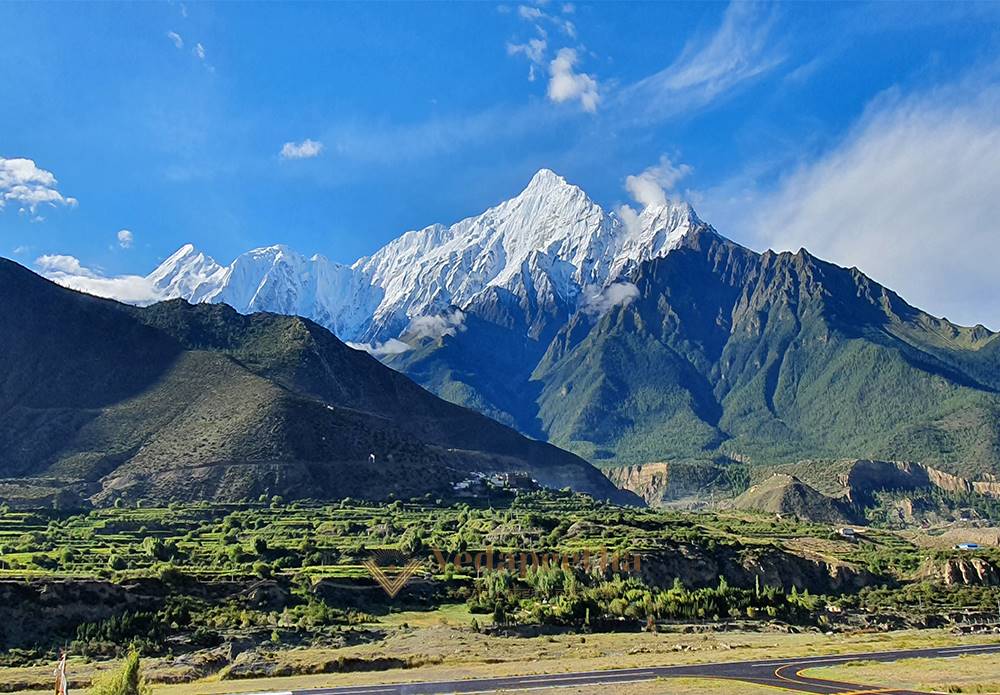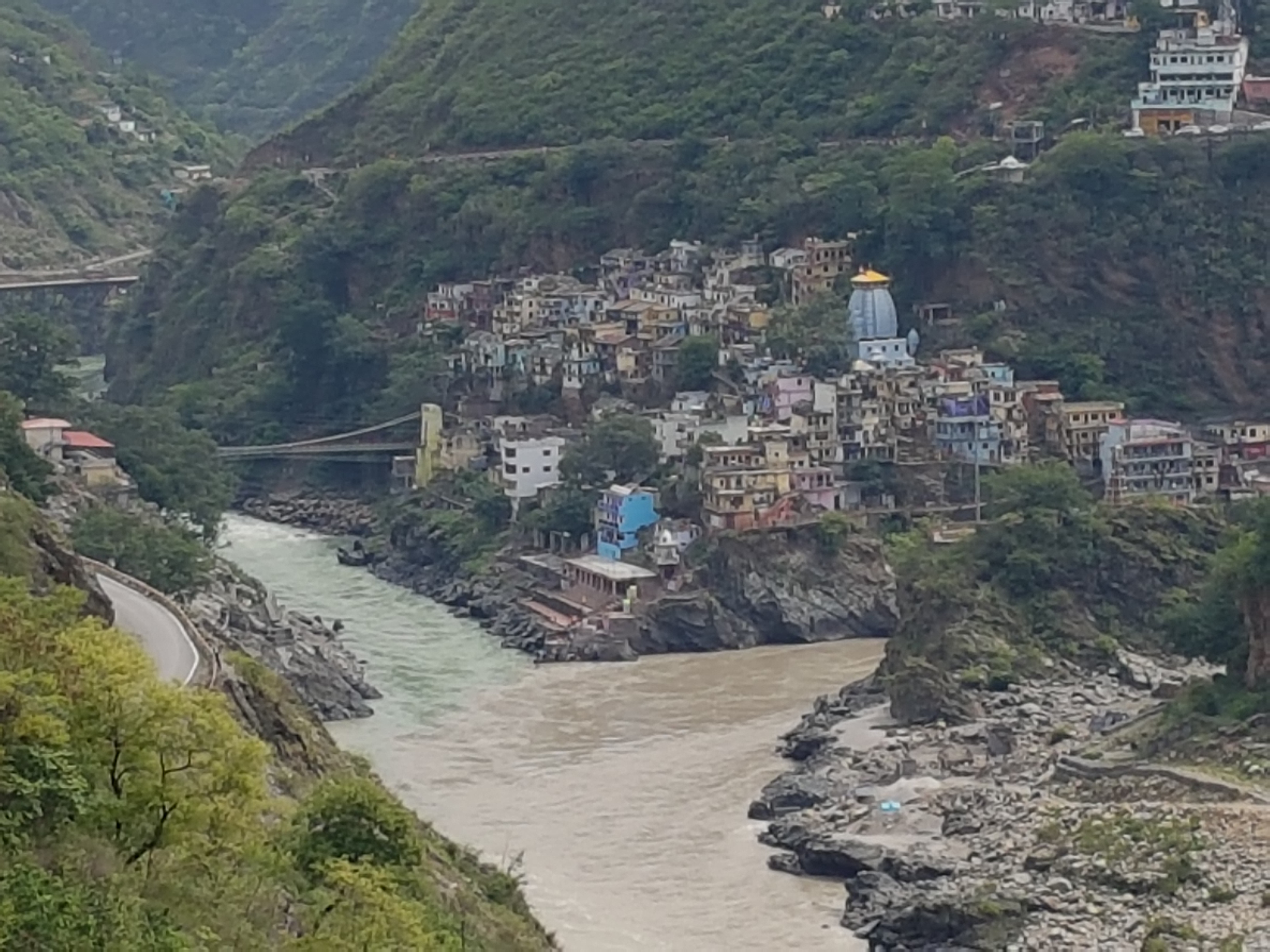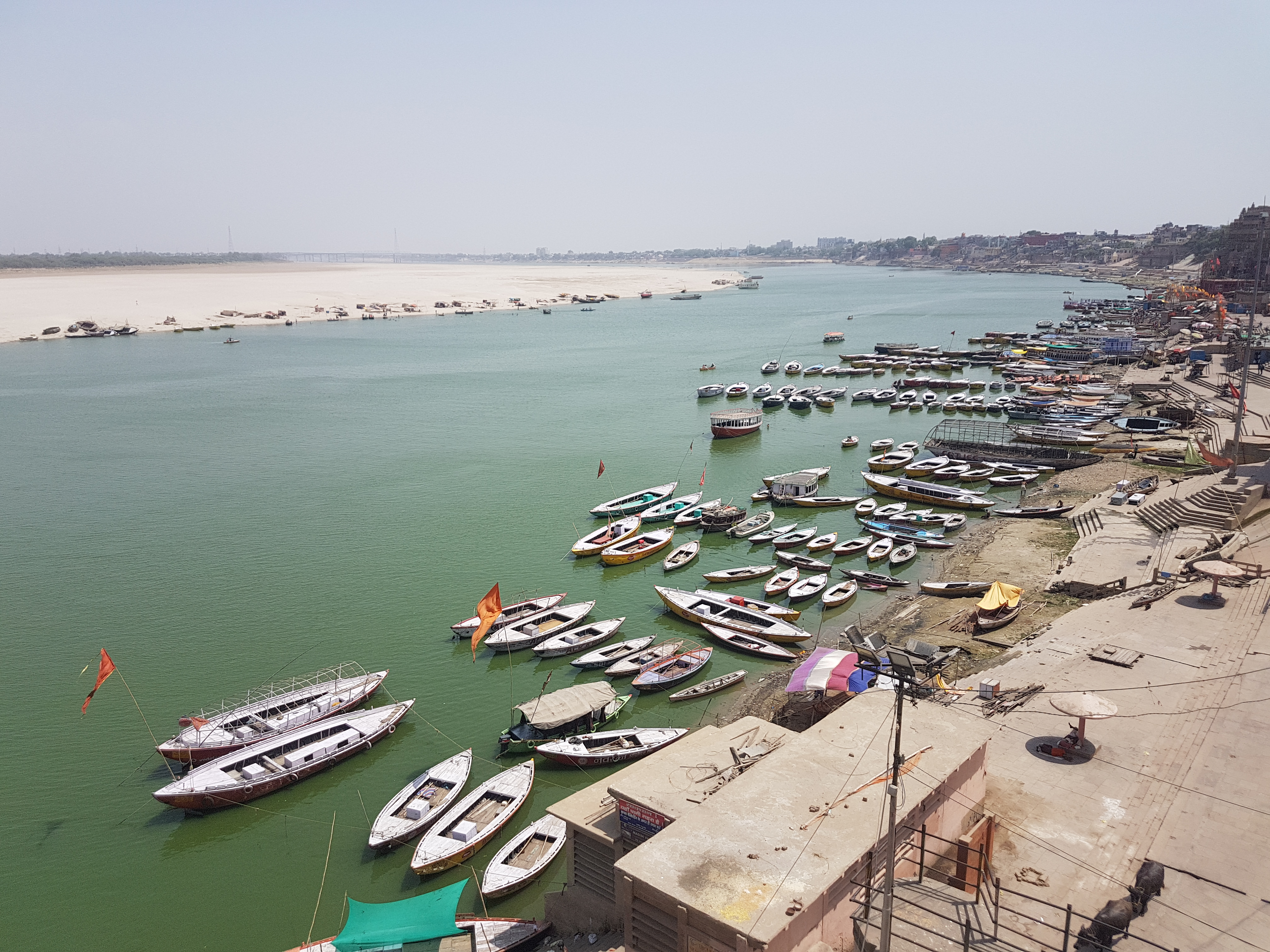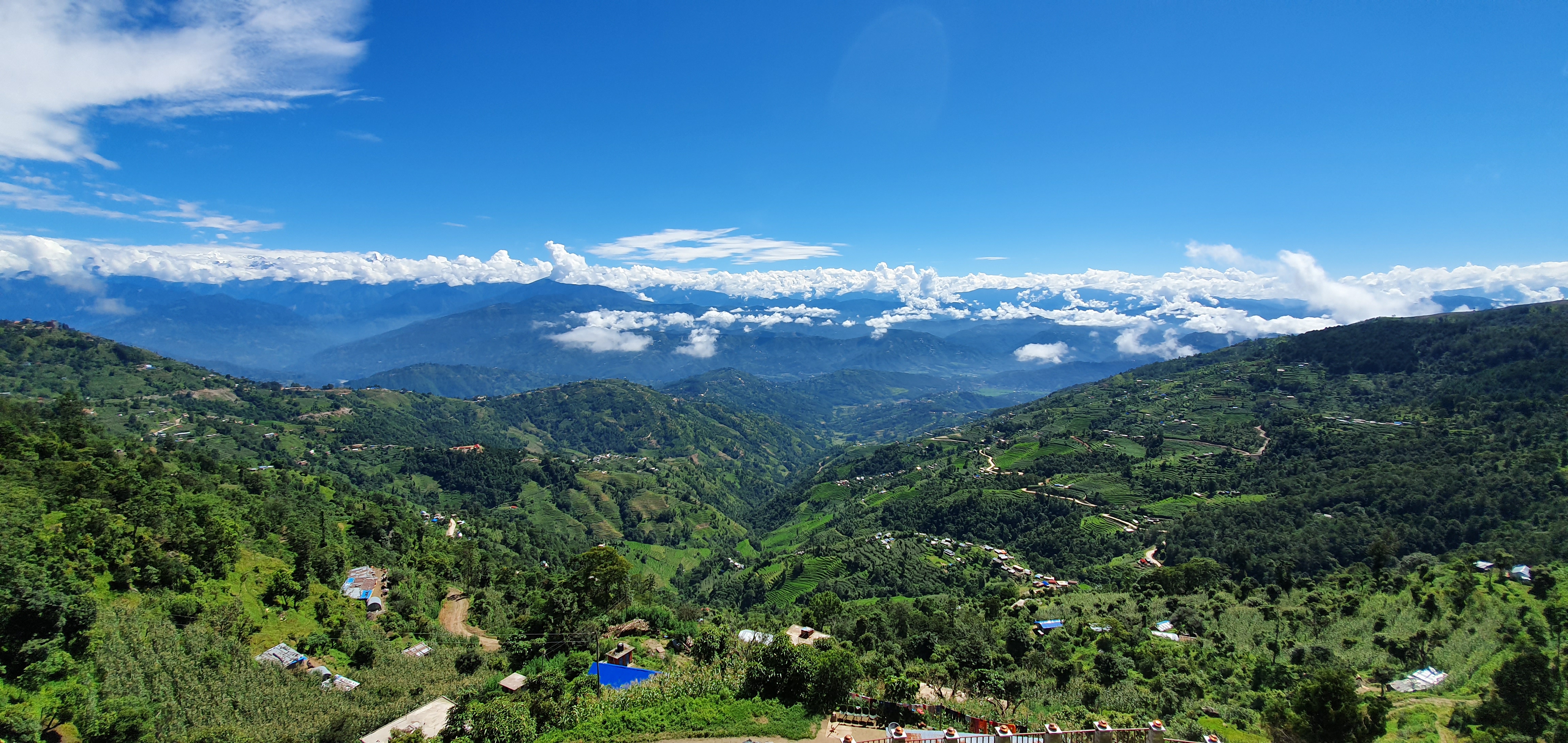Śaiva Tirumurai
ŚAIVA TIRUMURAI
Among the Indian religions, Śiva is considered as the first and foremost God among the Indian religion. The way of worshipping Śiva can be traced from the Indus Valley civilization itself. The religion that praises Śiva as the ultimate God is known as Śhaivam (Śaivam in Tamil). The religion that, consider Viṣṇu as the ultimate God is known as Vaiṣṇāvism (Vaiṣṇāvam in Tamil) and Śakti the mother goddesses as the ultimate God is Śaktism (Saktam in Tamil).
Among these many scholars, historians and archeologists strongly opine that Śhaivam is more ancient than other two, because many statues or Idols especially Śiva Liṅgas are seen in the excavations of Indus valley civilization itself. Thus Śiva and Śaivism are age old religion and way of worship of not even Indian community but of the Indus community itself.
Period of Śaivism
A Tamil work named Eṭṭuttokai (eight kinds of Tokai (Eight Anthologies) – Naṟṟiṇai, Kuṟuntokai, Aiṅkuṟunūṟu, Patiṟṟuppattu, Paripāṭal, Akanāṉūṟu, Puṟanāṉūṟu and Kalittokai) (Nattinai, Kuru, Ingurunuru, Pattipatti, Paripadal, Agananooru, Purananooru and Kali Togai) and Tirumurukāṟṟuppaṭai (Tirumurugatrupadai) (a Tamil work on Subrahmania) reference about Śiva are very rich. The age of these works are, considered between 3rd century BCE to 3rd century CE. Thus worship of Śiva and Śaivism existed before 3rd Century BCE itself among the common man.
During Pallava period, i.e. from 4th century CE to 9th century CE, many Nāyaṉmārs (devotees of Śiva and propounders of Śaivism) like Tirumular and Kāraikkālammaiyār etc. took immense effort to the development of Śaivism by giving importance to worship of Śiva through their Tamil songs, both by writing new songs and writing many new songs on Śiva that are called as Tirumurai, Tirupatikangal and Tevarangal.
The period of Mahendravarma (7th century CE), is considered as the golden age of Śaivism, as he announces that he is an adherent devotee of Śiva and is also a follower of Śaivism. During his period, many Śaiva devotes such as Appar (Tirunāvukkarasar Nayanar), Sambandhar (Tirujnana Sambandhar Nayanar), Sundarar (Sundaramurti Nāyaṉmār|), Manikavasaka Nāyaṉmār etc. wrote number of Tevarams (Tamil devotional Songs on Lord Śiva in Tamil language). But later on due to the origin of Jainism and its development, many of Tevaram got lost and were also destroyed, until Raja Raja Cola of Tanjore during his rule i.e. during 10th century CE, discovered many manuscripts of Tirumurai, Tevaram and Tirupatikangal from the temple of Cidambram Nataraja temple. But he also got some parts of the Manuscripts only because they were all kept in a dark locked room without proper care and all. It is said that Raja Raja Cola after removing a heap of ant hill above the Manuscripts, he was able to discover the remaining ones.
Saiva Tirumuraigal
Saiva Tirumuraigal are twelve in numbers. It is said that the Saiva Tirumurai has many meanings – that which is connected to the Supreme God, the work that tells the relation between God and human beings, how to live a life and attain Moksa at last, the relation between Jevatma (human being) and Paramatma (Ultimate Self) etc.
It is believed that once a sage named Nambiyandar Nambi was appointed by the King Abhayasekhara to spread the Śaivism through propagating Tirumurai. The king also requested him to write the Saiva Tirumurai in Manuscripts so that the upcoming generations will also be capable of reading and following this. Nambi too srote the Tirumurai and Tevaram in Manuscript forms.
This written form of Tirumurai’s first, second and third parts were later on sung by a Nayanmar (Śiva Devotee) named Tiruzhanasambandhar (Sambandhar), Sundaramoorti Nāyaṉmār (Sundarar) and the fourth, fifth and sixth Tirumurai with Tevaram also was sung by Tirunavukarassu Nāyaṉmār ( Appar). Nambi also considered the Tevaram (devotional songs) sung by Sundarar as the seventh Tirumurai.
In this way, the devotional Saiva songs sung by the Moovar (Three Nāyaṉmārs viz., Sambandhar, Sundarar and Appar) became the first seven among the twelve Tirumurai. The songs sung by Manikkavasaka Swamikal and by Tirukovainar altogether became the eight one among Tirumurai.
Tamil devotional song sung starting from Tirumaligai Tevar to Seturayar became the ninth Tirumurai. The songs sung by Tirumular named as Trumandiram became the tenth Tirumurai. It is believed that as per the request of the King, Nambi also added various Tamil songs on Ganesa and other deities sung by Sambandhar, Tirunavukkuarassar, Tirutondar and other Śiva Adiyars (adherent devotee) along with Tirumuga Pasuram of Tiruvala Udayar and made them as the eleventh Tirumurai. Therefore a total number of eleven Tirumurai were collected and written in manuscripts in the common name TIRMURAI.
In order to safeguard all these eleven Tirumurai songs the then Kings made all these Tirumurais to be copied to copper plates and ordered to keep them safely in all the ancient Śiva temples and also appointed the chief priests of that temples to safe guard them and also to sung these Tamil devotional songs during the Aradhana (worshipping ) time of Śiva of that all temples.
Later during twelfth century CE, Sekkizhar Peruman (a famous Tamil poet in Kulotunga Cola II or Anabhaya Cola’s court) wrote a Purana in which the stories and life histories of all the sixty three Nāyaṉmārs (63 Śiva Devotees who sung Tevaram and showed their devotion to Śiva). In the name Periya Puranam or Tiruttondar Puranam (the Purana of servants/devotees of Śiva). It is also believed Śiva Himself provided Sekizhar Peruman with the first line of the first verse declaring “Ulakellam” (all the world), this work is also considered as one of the important work in the Śaivism as this is only the work in which the holy journeys and songs of all the Saiva saints (Nāyaṉmārs) is recorded. This came to be seen in a high standard and thus, this work was added as the twelfth and last book of Tirumurai.
Details of Twelve Tirumurai
The first, second and third Tirumurai contain 1469, 1331 and 1336 songs respectivelsiy sung by Tirunjana Sanmbandhar. The fourth, fifth and sixth Tirumurai contain the songs sung by (Tevarams) Tirunavukku Arasar1069, 1015 and 980 respectively. The seventh Tirumurai are the Tevarams of Sudaramoorti Nāyaṉmār containing 1026 songs. The eighth Tirumurai contains 656 Tiruvasagams (songs) sung by Manikkavasakkar, 400 songs sung by Tirukovaiyar.
The ninth Tirumurai contains the songs sung by Tirumaligai Tevar, Karur TEvar, Poonturti, Nambikada Nambi, Kandatitar, Venat Adigal, Purusittama Tambi, Sothirayar and Senthanar. The tenth TIrumurai is Tirumandiram sung the great sage or Siddhar namaed Tirumular and it has 3047 songs. From first to tenth Tirumurai only the songs on Śiva is recorded.
The eleventh Tirumurai contains songs on various Gods and Godesses sung by Tiruulavai Udayar, Karaikkal Ammaiyar, Iyya Adigal, Kallandar, Kapilar, Paranar and Nambiyandan Nambi.
The twelfth Tirumurai is the Periya Puranam as mentioned earlier written by Sekizhar Peruman and this mentions all the above eleven Tirumurais recorded by Nambiyandan Nambi with the history and the life stories of all the sixty three Nāyaṉmārs.
The age of the first eleven TIrumurais as per the scholars is during eleventh century CE. And the twelfth Tirumurai or Periya Puranam belongs to twelfth century CE.
All these twelve Tirumurai have some kind of Specialities in them. Saivas (Śiva devotees) treat these Tirumurai as their Veda itself. A equal position to that of four Vedas was given to these Tirumurai by the Saivas. They call the Tirumurai as the Dravida Veda (Veda in Dravida language i.e. Tamil). The three main basic elements of Saiva Siddhanta is Pati (Lord Śiva), Pasu (Living Beings) and Pasa (the Ajnana) are very well explained in all these Tirumurai songs.
It can also be said that these TIrumurais even played a vital role in the development of the Tamil music, art forms, literary forms etc. All these Tirumurais are blessings of Lord Śiva given to us the ordinary living beings. That is why they are called as Daivika Padalgal (Divine Songs). The life of Śiva – Śakti can be clearly seen depicted in these divine songs.
LONG LIVE SAIVA – LONG LIVE TIRUMURAI.
*******
Article prepared by:
Srimati. Usha K
M.A, M.Phil (Tamil)
Rtd. Tamil Teacher, Chennai, Tamilnadu, India
Among the Indian religions, Śiva is considered as the first and foremost God among the Indian religion. The way of worshipping Śiva can be traced from the Indus Valley civilization itself. The religion that praises Śiva as the ultimate God is known as Śhaivam (Śaivam in Tamil). The religion that, consider Viṣṇu as the ultimate God is known as Vaiṣṇāvism (Vaiṣṇāvam in Tamil) and Śakti the mother goddesses as the ultimate God is Śaktism (Saktam in Tamil).
Among these many scholars, historians and archeologists strongly opine that Śhaivam is more ancient than other two, because many statues or Idols especially Śiva Liṅgas are seen in the excavations of Indus valley civilization itself. Thus Śiva and Śaivism are age old religion and way of worship of not even Indian community but of the Indus community itself.
Period of Śaivism
A Tamil work named Eṭṭuttokai (eight kinds of Tokai (Eight Anthologies) – Naṟṟiṇai, Kuṟuntokai, Aiṅkuṟunūṟu, Patiṟṟuppattu, Paripāṭal, Akanāṉūṟu, Puṟanāṉūṟu and Kalittokai) (Nattinai, Kuru, Ingurunuru, Pattipatti, Paripadal, Agananooru, Purananooru and Kali Togai) and Tirumurukāṟṟuppaṭai (Tirumurugatrupadai) (a Tamil work on Subrahmania) reference about Śiva are very rich. The age of these works are, considered between 3rd century BCE to 3rd century CE. Thus worship of Śiva and Śaivism existed before 3rd Century BCE itself among the common man.
During Pallava period, i.e. from 4th century CE to 9th century CE, many Nāyaṉmārs (devotees of Śiva and propounders of Śaivism) like Tirumular and Kāraikkālammaiyār etc. took immense effort to the development of Śaivism by giving importance to worship of Śiva through their Tamil songs, both by writing new songs and writing many new songs on Śiva that are called as Tirumurai, Tirupatikangal and Tevarangal.
The period of Mahendravarma (7th century CE), is considered as the golden age of Śaivism, as he announces that he is an adherent devotee of Śiva and is also a follower of Śaivism. During his period, many Śaiva devotes such as Appar (Tirunāvukkarasar Nayanar), Sambandhar (Tirujnana Sambandhar Nayanar), Sundarar (Sundaramurti Nāyaṉmār|), Manikavasaka Nāyaṉmār etc. wrote number of Tevarams (Tamil devotional Songs on Lord Śiva in Tamil language). But later on due to the origin of Jainism and its development, many of Tevaram got lost and were also destroyed, until Raja Raja Cola of Tanjore during his rule i.e. during 10th century CE, discovered many manuscripts of Tirumurai, Tevaram and Tirupatikangal from the temple of Cidambram Nataraja temple. But he also got some parts of the Manuscripts only because they were all kept in a dark locked room without proper care and all. It is said that Raja Raja Cola after removing a heap of ant hill above the Manuscripts, he was able to discover the remaining ones.
Saiva Tirumuraigal
Saiva Tirumuraigal are twelve in numbers. It is said that the Saiva Tirumurai has many meanings – that which is connected to the Supreme God, the work that tells the relation between God and human beings, how to live a life and attain Moksa at last, the relation between Jevatma (human being) and Paramatma (Ultimate Self) etc.
It is believed that once a sage named Nambiyandar Nambi was appointed by the King Abhayasekhara to spread the Śaivism through propagating Tirumurai. The king also requested him to write the Saiva Tirumurai in Manuscripts so that the upcoming generations will also be capable of reading and following this. Nambi too srote the Tirumurai and Tevaram in Manuscript forms.
This written form of Tirumurai’s first, second and third parts were later on sung by a Nayanmar (Śiva Devotee) named Tiruzhanasambandhar (Sambandhar), Sundaramoorti Nāyaṉmār (Sundarar) and the fourth, fifth and sixth Tirumurai with Tevaram also was sung by Tirunavukarassu Nāyaṉmār ( Appar). Nambi also considered the Tevaram (devotional songs) sung by Sundarar as the seventh Tirumurai.
In this way, the devotional Saiva songs sung by the Moovar (Three Nāyaṉmārs viz., Sambandhar, Sundarar and Appar) became the first seven among the twelve Tirumurai. The songs sung by Manikkavasaka Swamikal and by Tirukovainar altogether became the eight one among Tirumurai.
Tamil devotional song sung starting from Tirumaligai Tevar to Seturayar became the ninth Tirumurai. The songs sung by Tirumular named as Trumandiram became the tenth Tirumurai. It is believed that as per the request of the King, Nambi also added various Tamil songs on Ganesa and other deities sung by Sambandhar, Tirunavukkuarassar, Tirutondar and other Śiva Adiyars (adherent devotee) along with Tirumuga Pasuram of Tiruvala Udayar and made them as the eleventh Tirumurai. Therefore a total number of eleven Tirumurai were collected and written in manuscripts in the common name TIRMURAI.
In order to safeguard all these eleven Tirumurai songs the then Kings made all these Tirumurais to be copied to copper plates and ordered to keep them safely in all the ancient Śiva temples and also appointed the chief priests of that temples to safe guard them and also to sung these Tamil devotional songs during the Aradhana (worshipping ) time of Śiva of that all temples.
Later during twelfth century CE, Sekkizhar Peruman (a famous Tamil poet in Kulotunga Cola II or Anabhaya Cola’s court) wrote a Purana in which the stories and life histories of all the sixty three Nāyaṉmārs (63 Śiva Devotees who sung Tevaram and showed their devotion to Śiva). In the name Periya Puranam or Tiruttondar Puranam (the Purana of servants/devotees of Śiva). It is also believed Śiva Himself provided Sekizhar Peruman with the first line of the first verse declaring “Ulakellam” (all the world), this work is also considered as one of the important work in the Śaivism as this is only the work in which the holy journeys and songs of all the Saiva saints (Nāyaṉmārs) is recorded. This came to be seen in a high standard and thus, this work was added as the twelfth and last book of Tirumurai.
Details of Twelve Tirumurai
The first, second and third Tirumurai contain 1469, 1331 and 1336 songs respectivelsiy sung by Tirunjana Sanmbandhar. The fourth, fifth and sixth Tirumurai contain the songs sung by (Tevarams) Tirunavukku Arasar1069, 1015 and 980 respectively. The seventh Tirumurai are the Tevarams of Sudaramoorti Nāyaṉmār containing 1026 songs. The eighth Tirumurai contains 656 Tiruvasagams (songs) sung by Manikkavasakkar, 400 songs sung by Tirukovaiyar.
The ninth Tirumurai contains the songs sung by Tirumaligai Tevar, Karur TEvar, Poonturti, Nambikada Nambi, Kandatitar, Venat Adigal, Purusittama Tambi, Sothirayar and Senthanar. The tenth TIrumurai is Tirumandiram sung the great sage or Siddhar namaed Tirumular and it has 3047 songs. From first to tenth Tirumurai only the songs on Śiva is recorded.
The eleventh Tirumurai contains songs on various Gods and Godesses sung by Tiruulavai Udayar, Karaikkal Ammaiyar, Iyya Adigal, Kallandar, Kapilar, Paranar and Nambiyandan Nambi.
The twelfth Tirumurai is the Periya Puranam as mentioned earlier written by Sekizhar Peruman and this mentions all the above eleven Tirumurais recorded by Nambiyandan Nambi with the history and the life stories of all the sixty three Nāyaṉmārs.
The age of the first eleven TIrumurais as per the scholars is during eleventh century CE. And the twelfth Tirumurai or Periya Puranam belongs to twelfth century CE.
All these twelve Tirumurai have some kind of Specialities in them. Saivas (Śiva devotees) treat these Tirumurai as their Veda itself. A equal position to that of four Vedas was given to these Tirumurai by the Saivas. They call the Tirumurai as the Dravida Veda (Veda in Dravida language i.e. Tamil). The three main basic elements of Saiva Siddhanta is Pati (Lord Śiva), Pasu (Living Beings) and Pasa (the Ajnana) are very well explained in all these Tirumurai songs.
It can also be said that these TIrumurais even played a vital role in the development of the Tamil music, art forms, literary forms etc. All these Tirumurais are blessings of Lord Śiva given to us the ordinary living beings. That is why they are called as Daivika Padalgal (Divine Songs). The life of Śiva – Śakti can be clearly seen depicted in these divine songs.
LONG LIVE SAIVA – LONG LIVE TIRUMURAI.
*******
Article prepared by:
Srimati. Usha K
M.A, M.Phil (Tamil)
Rtd. Tamil Teacher, Chennai, Tamilnadu, India
Subsribe our package to Read Full
Subscribe Now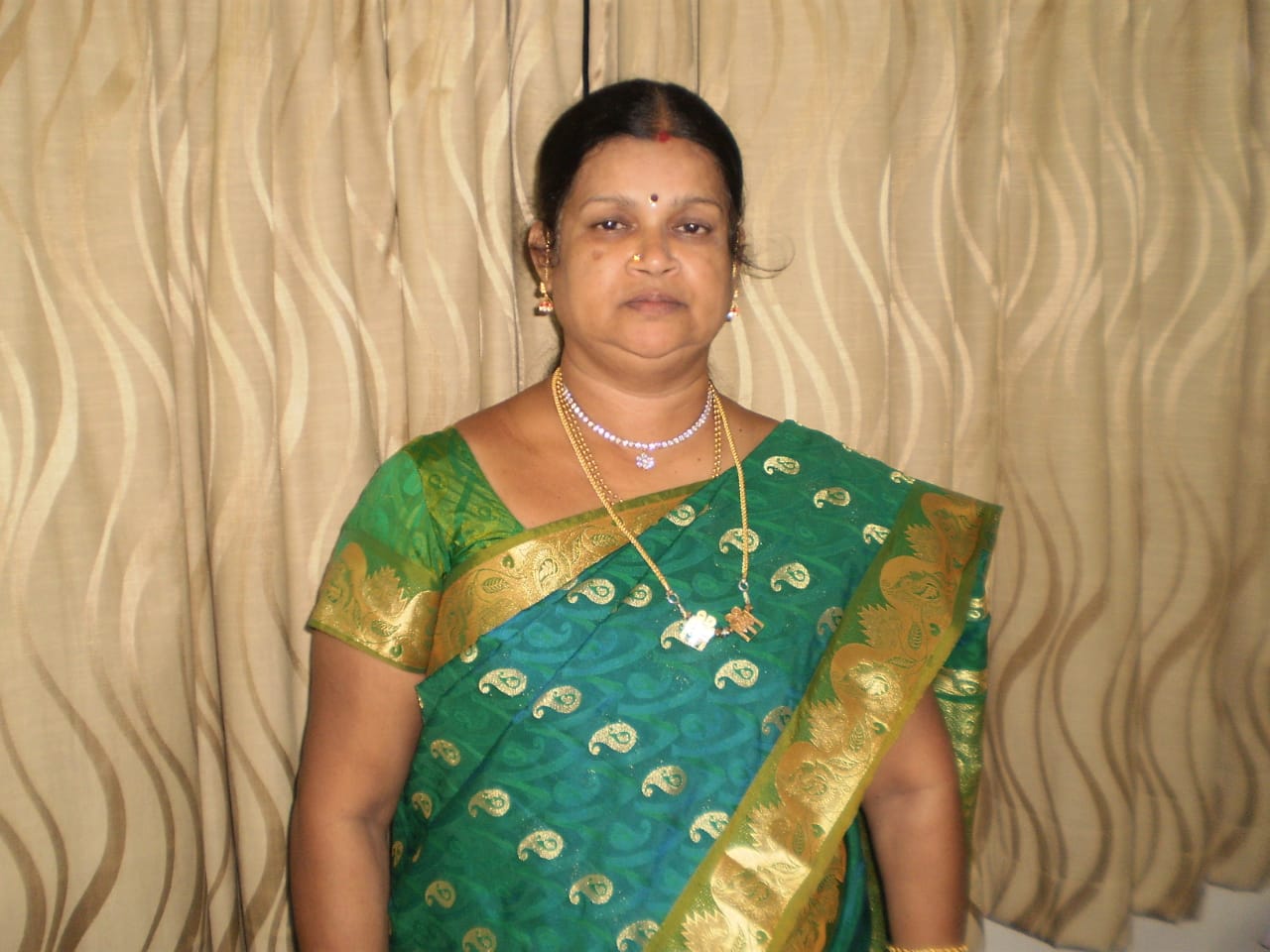
.jpg)
?>resources/frontend/assets/images/4.jpg)

